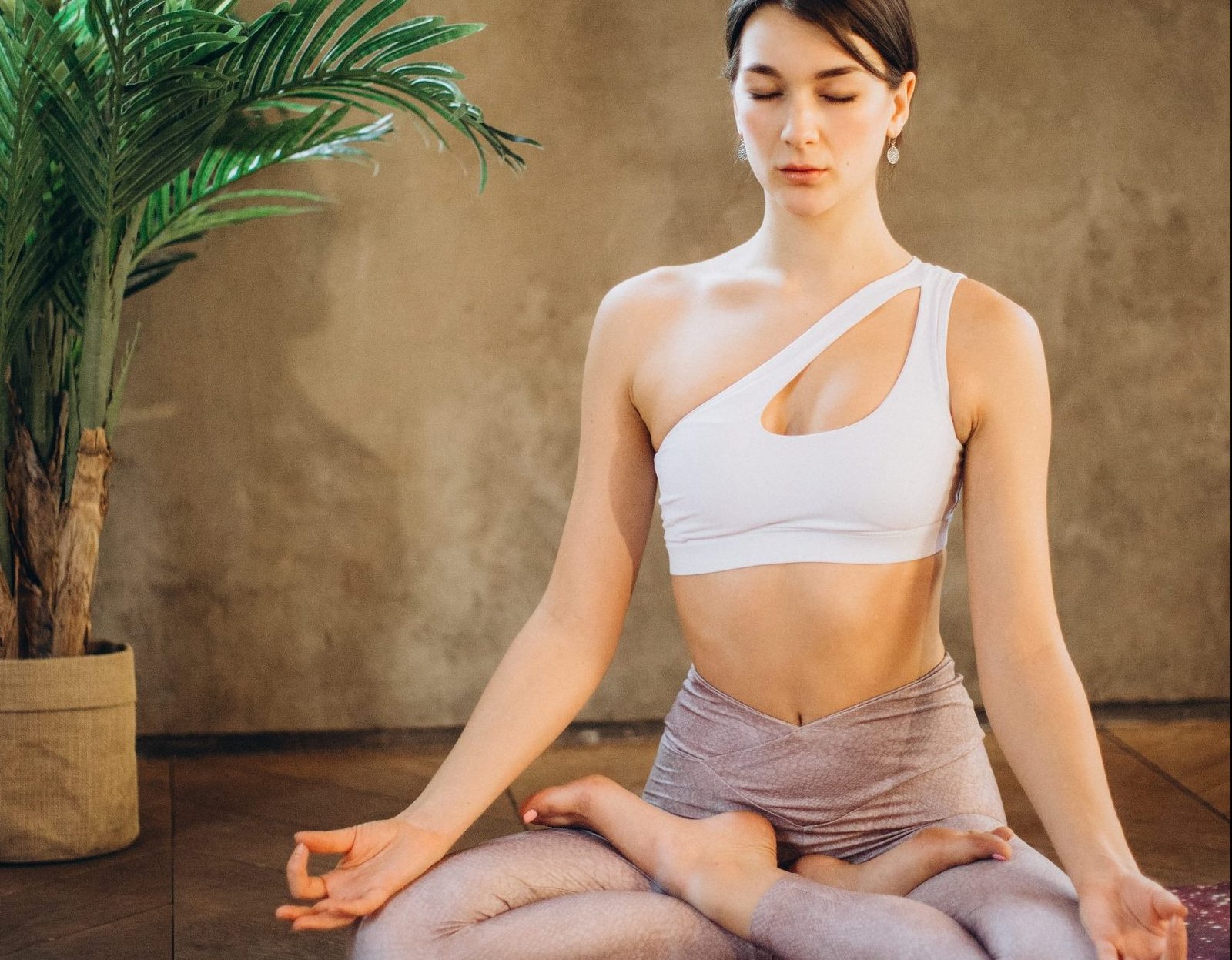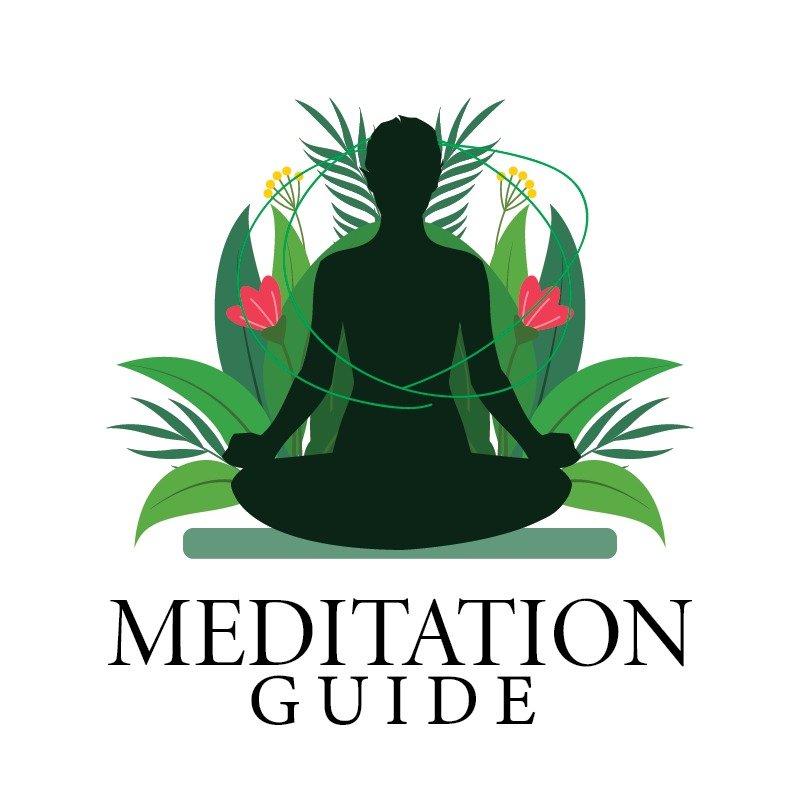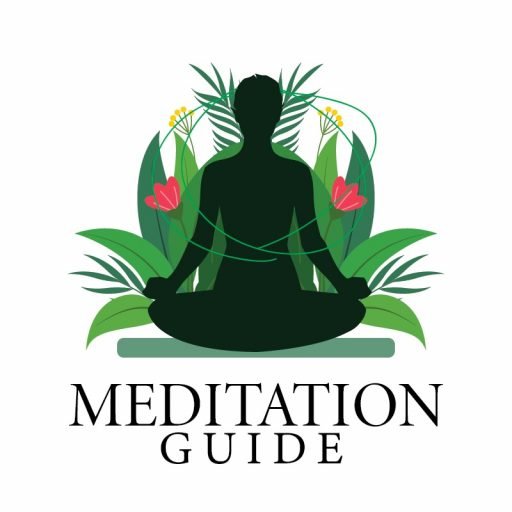
Mindfulness is a mental state achieved by focusing one’s awareness on the present moment, while calmly acknowledging and accepting one’s feelings, thoughts, and bodily sensations.
It can be practiced through various disciplines such as meditation, yoga, and deep breathing exercises. While Anxiety is an unpleasant emotional state characterized by feelings of tension and nervousness.
It is often accompanied by physical symptoms including increased heart rate and shaking. People with anxiety disorders often feel like they’re going to die or lose control of their bodily functions and they cannot stop worrying about different things.
What is Mindfulness Meditation?
It is a secular form of mindfulness training that has helped millions of people to live happier, more fulfilled lives. This eight-week program is evidence-based and is used by many people across the globe to combat anxiety, stress, and pain. In addition to being a secular program, mindfulness meditation has been linked to many health benefits.
This meditation method focuses on the physical feeling of breathing. It is important to remember that thoughts are fleeting and do not define you. You can also be mindful of the sensation of body sensations and breathe deeply to focus on your breath.
It can help you to experience enlightenment and become more observant. This type of practice can help you become more aware of your thoughts and emotions and realize that they are not the main reason for your existence.
Benefits of Mindfulness
There are many benefits of practicing mindfulness meditation. It can help you become more patient, compassionate, and relaxed. You may feel calmer and more relaxed. You might be able to make better decisions in the long run.
Also, you become more tolerant of others, and you may even develop more compassion. However, it is always important to remember that there is no perfect way to practice this technique.
The most important thing to remember is that you should find a quiet place to meditate. It is not necessary to have a special space to practice it.
It has the potential to reduce healthcare costs, improve productivity, and boost profitability. It has been proven to be a healthy way to improve our mental capabilities.
It also enhances creativity, leadership, and memory, so it is an excellent choice for a busy lifestyle. This practice does not have any harmful side effects.
The practice of mindfulness involves paying attention to every aspect of your life. It is not just about observing your body; it also involves being aware of your mind. In the beginning, it may feel boring and may even seem boring, but the rewards are worth the effort.
If you can focus on the present moment, you will have a more positive and productive attitude. You will experience less stress and a better quality of life. And the best part is that you can do it whenever you want.
A lot of people are unaware of the benefits of mindfulness meditation. Although this practice has been around for centuries, it is a relatively new practice that has only recently been widely studied in clinical trials. Research shows that this type of meditation can help people overcome anxiety and lower their heart rates.
Those who practice mindfulness also experience a reduction in their risk of cardiovascular disease. It is therefore beneficial to practice mindfulness every day. And it’s easy to see how it can help improve your life.
How Can I Practice Mindfulness and Reduce Anxiety?
The first step is to observe your mind. What are you experiencing? Is it an anxious thought? Are you aware of it? Observing your mind will help you recognize its source and eliminate it. The next step is to become present in the moment.
If you’re overwhelmed, you may need to ask yourself, “Do I really want to think about that?” If you’re in the habit of judging your thoughts, you’ll be able to identify them and replace them with a positive, empowering affirmation.
If you can imagine the feelings, you can reduce your anxiety. You can also observe the physical sensations associated with anxiety and try to remember a stressful situation in your life. By noticing your emotions and your body, you’ll be able to notice how you feel.
As you practice mindfulness, you’ll find that the intensity of anxiety will decrease. Eventually, you’ll be able to imagine yourself in that situation.
By doing this, you’ll begin to identify and eliminate the causes of your anxious feelings. By doing so, you’ll feel less fear and more calm. But remember that it’s not an easy task.
It’s important to make sure you have adequate time to develop a consistent habit of practicing mindfulness. This is because it can reduce your stress, which can have a negative impact on your mental health.
There are many other ways to practice mindfulness and reduce anxiety. One method is to take a break from the distractions of modern life. A person should take a break from social media for a few minutes every day.
This will help them gain insight and reduce the symptoms of anxiety. While social media is an endless source of anxiety, it’s a good idea to try meditation if you’d like to experience a break from technology.
If you’re suffering from anxiety, you should seek out a professional who can help you with the practice. A good psychologist can help you find a suitable method that will reduce your worries.
They can teach you how to practice mindfulness and reduce your anxiety. The right therapist can make you aware of your own thoughts. A therapist should be able to identify the problematic ones and eliminate them. When a patient is mindful, they’re more likely to be able to improve their lives.
Conclusion
Meditation and mindfulness can reduce the frequency and intensity of your anxiety and give you more control over it. The more you practice mindfulness and meditation, the more mindful you become.
You will be able to set an effective and short-term goal for how you want to feel in the future and achieve it by meditating every day and paying attention to your breathing.







